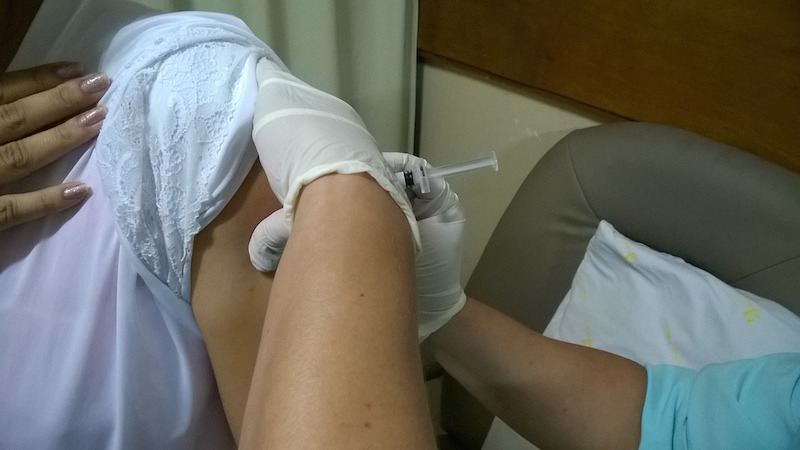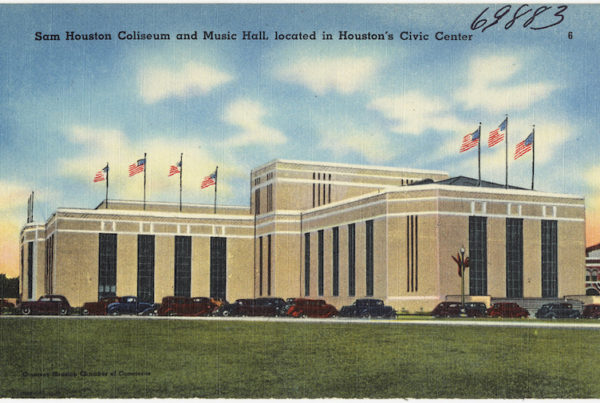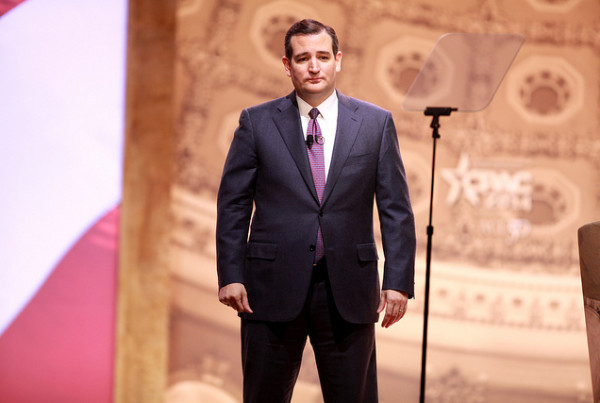Back in 2007, then-Gov. Rick Perry hit a nerve when he wanted to require young women to get a vaccine that prevents cervical and other cancers. The executive order would have required all sixth-grade girls to get vaccinated for the Human Papillomavirus, or HPV, starting in 2008.
Lawmakers turned on Perry, and grassroots organizations mobilized in opposition to the executive order. The controversy stemmed from the fact that HPV is sexually transmitted. The law left Perry facing blowback from religious conservatives. Plus, it didn’t help that he had a relationship with the vaccine manufacturer. Ultimately, he dropped it.
A few years later, researchers found that a lot of adolescent Texans are making it through their teen years without getting all three doses of the vaccine. Now, a recent study has discovered where that breakdown may be happening: in doctor-patient communication.
Dr. Jasmin Tiro, associate professor of clinical science at the University of Texas Southwestern Medical Center, worked on the study. While the vaccine isn’t required, she says that it’s still an important preventative measure.
“It’s one of the best discoveries we’ve made in the cancer prevention world over the past 10 years,” Tiro says. “It prevents all cancers that are caused by the HPV infection, which targets several sites in our bodies. The one that most people are familiar with is cervical cancer.”
Still, some are hesitant. She says that healthcare providers are one of the biggest factors in swaying unsure parents to vaccinate their children. What doctors say, and the delivery of that message, matters. But before the study, Tiro says nobody was certain exactly how doctors were recommending the vaccine, and what effect that had on vaccination rates.
“What we found were that most doctors made weak recommendations,” Tiro says. “They used passive voice and they used qualifications.”
According to Tiro, those qualifications could be along the lines of “it’s recommended, but not required for school.” She says that most doctors in the study used similar language, but those that used stronger language and gave a rationale had better results.
“I think it’s really important that they make clear the evidence supports this vaccine,” Tiro says, “and they make clear that the vaccine prevents cervical cancer and other HPV-related cancers that affect both girls and boys.”
Listen to the full interview in the audio player above.
Post by Alexandra Hart.

















